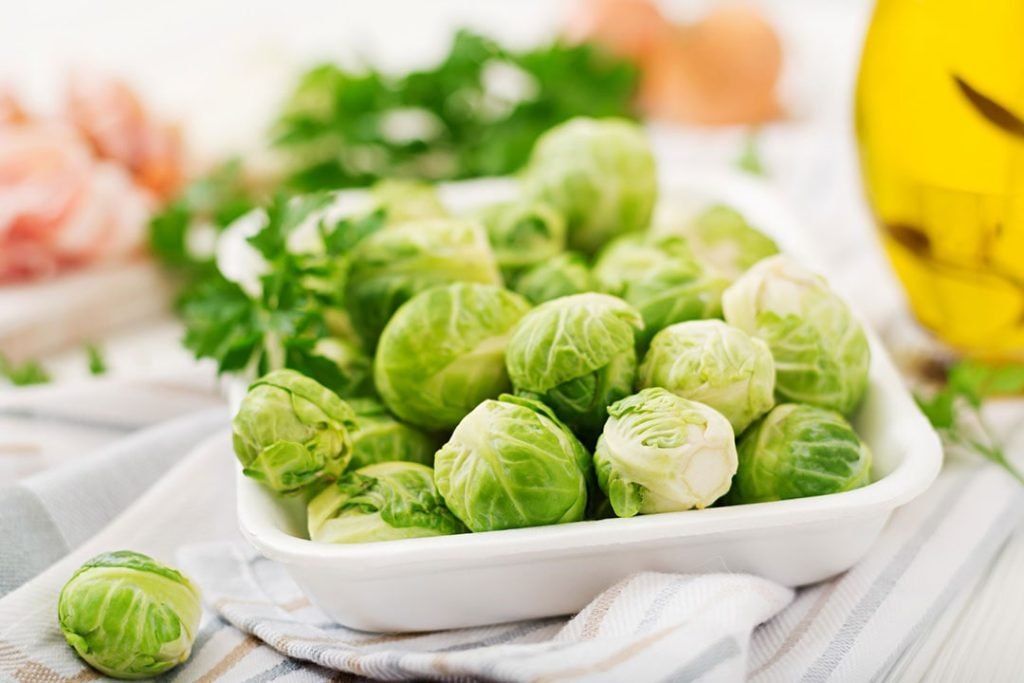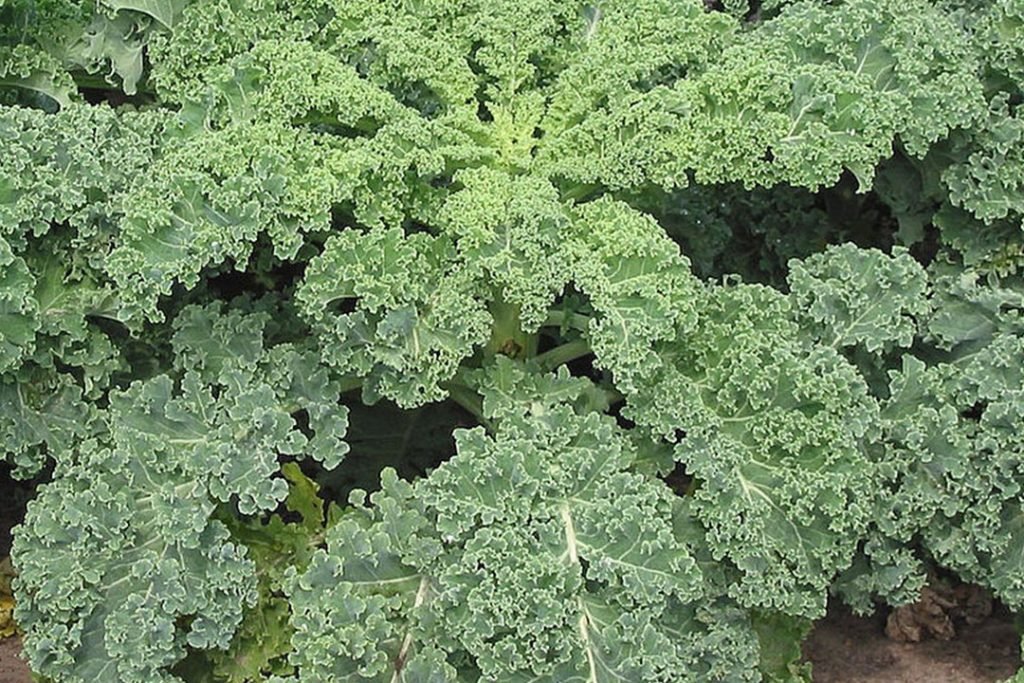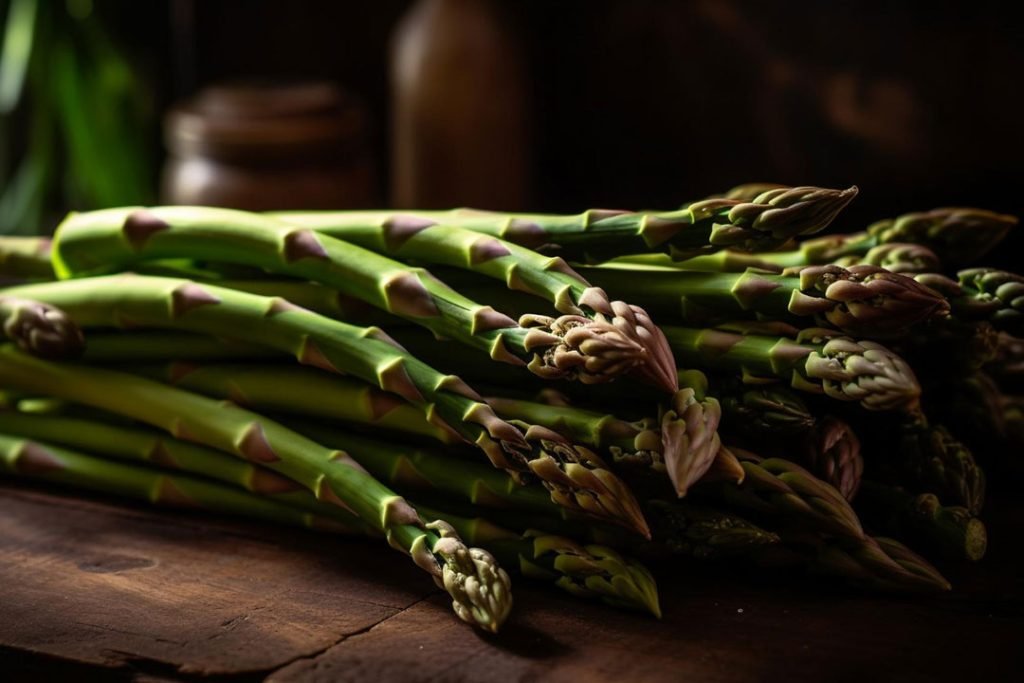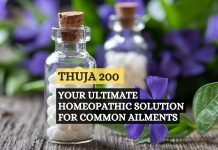A well-rounded diet is essential for maintaining good health, and one important mineral that plays a vital role in supporting immunity and overall well-being is zinc. While zinc is commonly associated with animal-based foods, there are several nutrient-dense vegetables that are excellent sources of this essential mineral. In this comprehensive blog post, we will explore the top 10 zinc rich vegetables that you can incorporate into your diet to boost your zinc intake and promote a healthy immune system.
Peas:
Peas are not only a good source of plant-based protein and fiber but also provide a decent amount of zinc. So we keep Peas number one into the top 10 zinc rich vegetables which are small, vibrant vegetables that make a flavorful addition to soups, stews, salads, and stir-fries.
Nutrition Facts of Peas:

| Nutrient | Amount per 1 cup (160g) | Daily Value (%) |
|---|---|---|
| Zinc | 1.2 mg | – |
| Vitamin K | 36.0 mcg | 45% |
| Vitamin C | 58.9 mg | 98% |
| Vitamin A | 1680 IU | 34% |
| Fiber | 8.8 g | 35% |
| Folate | 101 mcg | 25% |
| Vitamin B1 | 0.4 mg | 23% |
| Vitamin B6 | 0.2 mg | 10% |
Please note that these values are approximate and can vary depending on factors such as the variety and preparation of peas.
Spinach:
Spinach is not only a nutritional powerhouse but also a great source of zinc. Packed with antioxidants, vitamins, and minerals, including zinc, spinach helps support a strong immune system and overall well-being.
The nutrition facts of Spinach
| Nutrient | Amount per 1 cup (30g) | Daily Value (%) |
|---|---|---|
| Zinc | 0.2 mg | – |
| Vitamin K | 145 mcg | 181% |
| Vitamin A | 2813 IU | 56% |
| Folate | 58.2 mcg | 15% |
| Vitamin C | 8.4 mg | 14% |
| Iron | 0.8 mg | 4% |
| Calcium | 30.3 mg | 3% |
| Magnesium | 23.7 mg | 6% |
Please note that these values are approximate and can vary depending on factors such as the specific spinach variety and growing conditions.

Brussels Sprouts:
These tiny cruciferous vegetables are not only rich in fiber and antioxidants but also contain a good amount of zinc. Brussels sprouts make a nutritious addition to your meals and provide the benefits of zinc for optimal immune function.
Nutrition Facts of Brussels Sprouts:

| Nutrient | Amount per 1 cup (88g) | Daily Value (%) |
|---|---|---|
| Zinc | 0.4 mg | – |
| Vitamin K | 156 mcg | 195% |
| Vitamin C | 75.0 mg | 125% |
| Vitamin A | 604 IU | 12% |
| Folate | 61.6 mcg | 15% |
| Fiber | 3.8 g | 15% |
| Manganese | 0.4 mg | 20% |
| Vitamin B6 | 0.2 mg | 11% |
Please note that these values are approximate and can vary depending on factors such as the size and specific variety of Brussels sprouts.
Kale:
In our top 10 zinc rich vegetables, Kale is on number four. Kale has gained popularity as a superfood due to its high nutrient content. It is also a good source of zinc, making it an excellent vegetable choice for supporting immune health and overall wellness.
Nutrition facts of Kale:
| Nutrient | Amount per 1 cup (67g) | Daily Value (%) |
|---|---|---|
| Zinc | 0.2 mg | – |
| Vitamin K | 472.3 mcg | 590% |
| Vitamin C | 53.3 mg | 89% |
| Vitamin A | 10302 IU | 206% |
| Manganese | 0.5 mg | 26% |
| Fiber | 1.3 g | 5% |
| Copper | 0.2 mg | 10% |
| Vitamin B6 | 0.2 mg | 9% |
Please note that these values are approximate and can vary depending on factors such as the specific variety and preparation of kale.

Mushrooms:
Mushrooms are one of the 10 zinc rich vegetables. Mushrooms, particularly shiitake and oyster mushrooms, are not only delicious but also provide a decent amount of zinc. Incorporating mushrooms into your diet can contribute to maintaining adequate zinc levels and supporting immune function.
Nutrition Facts of Mushrooms:

| Nutrient | Amount per 1 cup, sliced (70g) | Daily Value (%) |
|---|---|---|
| Zinc | 0.5 mg | – |
| Vitamin D | 4.0 IU | 1% |
| Vitamin B2 | 0.2 mg | 11% |
| Vitamin B3 | 3.5 mg | 17% |
| Copper | 0.3 mg | 16% |
| Selenium | 8.3 mcg | 12% |
| Potassium | 305 mg | 9% |
| Phosphorus | 102 mg | 10% |
Please note that these values are approximate and can vary depending on factors such as the specific variety and cooking method of mushrooms.
Asparagus:
Asparagus is a versatile vegetable that offers numerous health benefits, including a moderate amount of zinc. Enjoy this tasty vegetable as a side dish or add it to salads and stir-fries for a boost of zinc and other essential nutrients.
Nutrition Facts of Asparagus:
| Nutrient | Amount per 1 cup (134g) | Daily Value (%) |
|---|---|---|
| Zinc | 0.4 mg | – |
| Vitamin K | 55.7 mcg | 70% |
| Folate | 70.3 mcg | 18% |
| Vitamin C | 6.9 mg | 12% |
| Vitamin A | 1013 IU | 20% |
| Fiber | 2.8 g | 11% |
| Iron | 2.9 mg | 16% |
| Copper | 0.2 mg | 10% |
Please note that these values are approximate and can vary depending on factors such as the size and preparation of asparagus.

Read more: My Blood Sugar Is Over 300! What Should I Do to Bring It Down?
Broccoli:
Broccoli is a nutrient-packed vegetable that contains various vitamins, minerals, and antioxidants, including zinc. Adding broccoli to your meals can help support a strong immune system and overall well-being.
Nutrition Facts of Broccoli:

| Nutrient | Amount per 1 cup, chopped (91g) | Daily Value (%) |
|---|---|---|
| Zinc | 0.4 mg | – |
| Vitamin C | 81.2 mg | 135% |
| Vitamin K | 92.5 mcg | 116% |
| Folate | 57.3 mcg | 14% |
| Fiber | 2.3 g | 9% |
| Vitamin A | 567 IU | 11% |
| Manganese | 0.2 mg | 11% |
| Vitamin B6 | 0.2 mg | 11% |
Please note that these values are approximate and can vary depending on factors such as the size and cooking method of broccoli.
the top 10 zinc rich vegetables
for Immunity and Overall Well-being
Green Beans:
Green beans, also known as string beans or snap beans, are a delicious and nutritious vegetable choice. They offer a moderate amount of zinc, along with other essential nutrients like vitamins A and C, fiber, and antioxidants.
Nutrition Facts of Green Beans:

| Nutrient | Amount per 1 cup (125g) | Daily Value (%) |
|---|---|---|
| Zinc | 0.2 mg | – |
| Vitamin K | 14.4 mcg | 18% |
| Vitamin C | 12.2 mg | 20% |
| Fiber | 2.7 g | 11% |
| Folate | 42.1 mcg | 11% |
| Vitamin A | 691 IU | 14% |
| Manganese | 0.2 mg | 10% |
| Vitamin B2 | 0.1 mg | 9% |
Please note that these values are approximate and can vary depending on factors such as the size and preparation of green beans.
Swiss Chard:
Swiss chard is a leafy green vegetable that provides an array of health benefits, including a good amount of zinc. This versatile vegetable can be enjoyed in salads, sautéed, or added to soups and stews. That is why we choose Swiss Chard into our top 10 zinc rich vegetables.
Nutrition Facts of Swiss Chard:
| Nutrient | Amount per 1 cup, chopped (36g) | Daily Value (%) |
|---|---|---|
| Zinc | 0.2 mg | – |
| Vitamin K | 299 mcg | 374% |
| Vitamin A | 5616 IU | 112% |
| Vitamin C | 10.8 mg | 18% |
| Magnesium | 29.7 mg | 7% |
| Vitamin E | 1.7 mg | 8% |
| Vitamin B6 | 0.1 mg | 6% |
| Iron | 0.6 mg | 3% |
Please note that these values are approximate and can vary depending on factors such as the size and preparation of Swiss chard.

Peppers:
Last but not least, peppers are another excellent source of zinc-rich vegetables. Peppers, whether bell peppers or chili peppers are packed with vitamins and antioxidants. They also contain a small but notable amount of zinc, contributing to immune support and overall well-being.
Nutrition Facts of Peppers:

| Nutrient | Amount per 1 medium pepper (118g) | Daily Value (%) |
|---|---|---|
| Zinc | 0.2 mg | – |
| Vitamin C | 152 mg | 253% |
| Vitamin A | 1869 IU | 37% |
| Fiber | 2.6 g | 10% |
| Folate | 42.6 mcg | 11% |
| Vitamin B6 | 0.3 mg | 16% |
| Vitamin E | 1.6 mg | 8% |
| Vitamin K | 10.3 mcg | 13% |
Please note that these values are approximate and can vary depending on factors such as the specific type and color of peppers.
Incorporating these zinc-rich vegetables into your diet can be beneficial for supporting a healthy immune system, promoting overall well-being, and ensuring adequate zinc intake. Remember to combine them with a well-balanced diet that includes other food groups to obtain a wide range of nutrients necessary for optimal health.
Conclusion:
Zinc is a crucial mineral for supporting immune function and overall well-being. While animal-based foods are commonly associated with zinc, incorporating zinc-rich vegetables into your diet is a smart and nutritious choice. The top 10 zinc rich vegetables mentioned above, including spinach, Brussels sprouts, kale, mushrooms, asparagus, broccoli, peas, green beans, Swiss chard, and peppers, can provide a natural and plant-based way to boost your zinc intake. Enjoy these vegetables in various dishes and embrace the benefits they offer for a healthier and more vibrant life.
References:
- National Institutes of Health – Office of Dietary Supplements: Zinc Fact Sheet for Health Professionals
- Website: https://ods.od.nih.gov/factsheets/Zinc-HealthProfessional/
- This fact sheet provides comprehensive information on zinc, including dietary sources and recommended intake levels.
- Healthline: 15 Foods That Are High in Zinc
- Website: https://www.healthline.com/nutrition/best-foods-high-in-zinc
- This article lists various foods rich in zinc, including vegetables, and provides additional information on their nutritional benefits.
- Medical News Today: What are the best foods for a healthy immune system?
- Website: https://www.medicalnewstoday.com/articles/322412
- This article discusses foods that support a healthy immune system, including vegetables rich in zinc, and highlights their importance in maintaining overall well-being.







